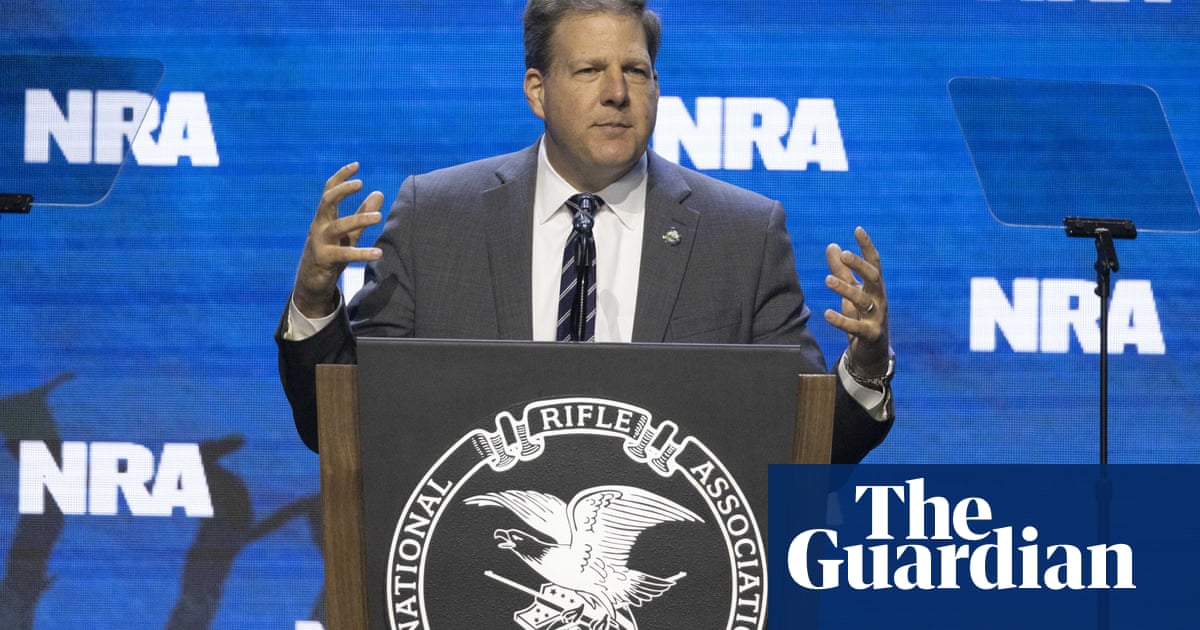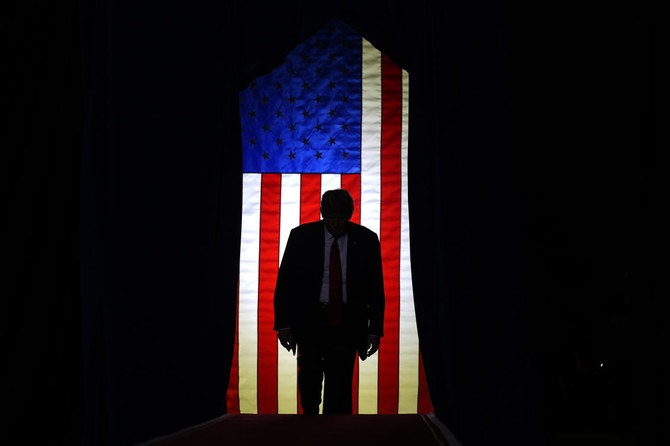
Technically, the process of voting to choose the candidate who will represent the Republican Party in the presidential election has only just started. However, after Donald Trump’s huge lead in last week’s caucus in Iowa and his win in Tuesday’s New Hampshire primary, many Americans are wondering if the race is effectively over already.
This year’s Republican contest for selecting a presidential candidate is highly unusual, because a former president who is not the current incumbent is campaigning for the job. Typically, when a political party has an incumbent in the White House who is eligible to run for a second term, there is little competition within that party. This year, President Joe Biden is a Democratic incumbent running for reelection; while he technically faces a couple opponents, he is extremely likely to be the Democratic Party’s nominee for president. Similarly, in 2020, when Trump was the Republican incumbent running for reelection, his nomination was a foregone conclusion.
Now, Trump is campaigning to be the Republican Party’s presidential nominee again. Since he only served one term in office, he is eligible to run again, but it is very unusual for a former president who lost the previous election to seek the office again. Add in Trump’s unique qualities as a politician and major shifts within the Republican Party and its electorate and the race for the Republican nominee is unusual. However, that does not mean that it is unpredictable.
The race for the Republican nominee is unusual. However, that does not mean that it is unpredictable
Kerry Boyd Anderson
In 2023, multiple candidates declared their candidacy for the Republican nomination, but the race is now down to two serious candidates: Trump and Nikki Haley, the former South Carolina governor and ambassador to the UN. In the Iowa caucus — the first official voting for the nominee — Trump won by a historic margin, with 51 percent of votes, which led Florida Gov. Ron DeSantis to end his campaign.
DeSantis came in second in Iowa, with 21 percent of votes. It was a major blow to his candidacy. The Iowa electorate has the type of qualities that DeSantis thought would buoy him — politically and culturally conservative and deeply religious. His campaign poured funds into the state and DeSantis spent huge amounts of time there, all in the hope of finishing first or at least a very close second. His failure to achieve either outcome did not bode well for his campaign. DeSantis’ attempts to market himself as “Trump lite” failed; many Trump supporters like DeSantis but would not choose him over Trump. While dropping out of the race, DeSantis endorsed Trump.
Haley’s performance in Iowa was also disappointing but less so. She finished in third place, with 19 percent, not far behind DeSantis. Haley hoped to do much better in the New Hampshire primary. The state’s more moderate and independent voter base is well suited to her image as a more traditional, moderate Republican. New Hampshire is quickly followed by the South Carolina primary and Haley expects to perform well in her home state.
In New Hampshire, Haley did well among “undeclared” — or independent — voters but Trump easily won among Republicans, leading to his victory in the state. Despite her loss, Haley pledged to continue on to the South Carolina primary, saying, “we are just getting started.”
Haley might be hoping that, if she is in the No. 2 spot, then Trump’s campaign will stumble at some point
Kerry Boyd Anderson
The future of Haley’s campaign now depends heavily on her performance in South Carolina. She is trying to walk a very fine line between appealing to Republicans who prefer a candidate other than Trump, while not alienating the many Republicans who like him. This may be an impossible task, but Haley hopes that a one-on-one race featuring her versus Trump will give her a viable shot at the nomination.
Fundamentally, most Republicans like Trump and he is very likely to win the nomination. The FiveThirtyEight polling average finds that 77.5 percent of Republicans have a favorable view of Trump and he is far ahead in polling of Republican voters. If Haley fails to win over large numbers of moderate Republicans, then it is very hard to see how any Republican could defeat Trump. Even in South Carolina, Haley’s home turf, Trump is polling far ahead.
Haley might be hoping that, if she is in the No. 2 spot, then Trump’s campaign will stumble at some point, allowing her to rise up to the nomination. However, it is extremely difficult to imagine what could derail Trump’s popularity with Republicans. Perhaps multiple criminal charges? He already faces those, which appear to have boosted his popularity among Republicans. Highly controversial or offensive statements? That has never hurt him before. Accusations of undermining democracy and fomenting insurrection? Apparently not a problem. If none of these things have hurt Trump within the Republican Party, then what could still happen that would force large numbers of Republican voters to turn to another candidate?
Most likely, by Super Tuesday in March, when multiple states will hold primaries or caucuses, Trump will be the clear winner. Polls suggest that a majority of Americans are unhappy about a prospective Biden-Trump rematch, but that is the most likely scenario when voting for president begins later this year. Haley is now the last opportunity for Republicans to choose someone else to take on Biden, but it appears that most Republicans still prefer Trump.
Kerry Boyd Anderson is a professional analyst of international security issues and Middle East political and business risk. X: @KBAresearch
Disclaimer: Views expressed by writers in this section are their own and do not necessarily reflect Arab News" point of view












